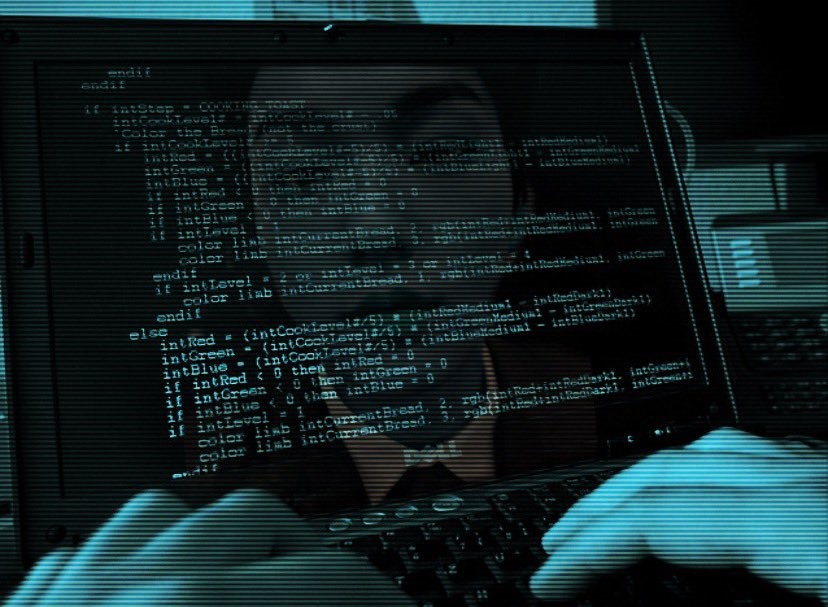Sadly, as the world moves further and further online, cyber criminality has risen. It was inevitable that criminals would find ways to exploit internet usage and commit crimes online, be it via an e-commerce site, through phishing, or by hacking our mobile phones. The options for criminals are vast.
The variety of online platforms that can be hacked is large too. People have fallen victim to hackers with their PayPal accounts, Netflix accounts, Playstation Network logins, and many, many more. The variety of platforms susceptible to hackers is spooky, as cyber criminality becomes far more sophisticated in 2020. It can happen to anyone, too. You could be discovering the almighty power of Zeus in Age of the Gods: King of Olympus or silencing an overly cocky friend at FIFA 20, only to open up an email without much thought, click a harmful link, and then open yourself and your account up to being compromised. It really is that simple, which is why hackers continually target people.
Popular social media platforms such as Facebook, Twitter, and Instagram have been attacked by hackers in recent times, too. In fact, the hacking of social media accounts has become increasingly popular in 2020. There are ways in which we can make the job a lot harder for hackers to pull off, though. It certainly pays to take all the precautions you can. So, with that in mind, here are some key ways to keep your social media accounts safe from hackers in 2020 and beyond.
Be picky when it comes to third-party applications
Third-party applications need access to your account to be able to function properly. If you, therefore, grant authorisation to numerous third-party applications without fully understanding what exactly they are, then you can potentially open yourself up to hackers. Make sure you read all of the information around the third-party application in question, what it is exactly the app wants access to, and whether or not any functionalities that the app performs could be harmful to you or your device. Ultimately, if you don’t trust or like the look of something, then don’t grant it access.
Make sure all passwords are strong
We’ve always known that choosing the right password is an important thing to do, but it’s arguably even more so in 2020. Many people underestimate the importance of a solid, hard to crack the password, though. In fact, even Facebook owner Mark Zuckerberg fell victim to hackers after his weak password of “Dadada” was cracked recently. The fact is, people use social media platforms and pick passwords without ever thinking their accounts will be compromised. It can happen to anyone. Password managers are excellent for this sort of thing, as are password strength websites like How Secure Is My Password. Moving all passwords to a management program is another thing worth considering also.
Install antivirus software

It sounds obvious, but plenty of people don’t install antivirus software onto their devices. Antivirus programs, such as AVG or Norton, provide you with adequate security protection and make cracking any passwords or compromising any devices a lot harder. Most antivirus software is free, although it is worthwhile paying for it if you can. You certainly get what you pay for.
Allow two-factor authentication
Enabling two-factor authentication is essentially adding another layer of security to your social media accounts. It confirms a user’s identity through the use of both the account password and the confirmation code, which is typically sent to your phone in the form of a text message or an email. It’s easy to enable two-factor authentication too and massively beneficial.





